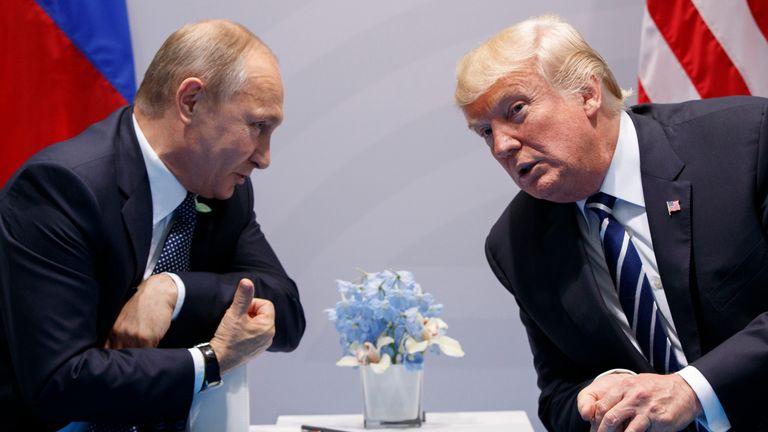Belize Removes Queen Elizabeth’s Image from Currency in Major Step Toward Decolonization
In a landmark decision, Belize has officially removed Queen Elizabeth II’s image from its national currency, a move seen as part of the country’s ongoing journey towards decolonization. This shift highlights Belize’s desire to distance itself from its colonial past and assert its growing sense of national identity. The decision is in line with a broader movement in the Caribbean and other former British colonies that are reassessing their ties to the British monarchy. Redesigning Belize’s Banknotes The decision to remove Queen Elizabeth’s likeness from the Belizean dollar notes marks a significant turning point in the country’s post-colonial evolution. Since gaining independence from the United Kingdom in 1981, Belize has maintained strong historical ties to the British monarchy, symbolized by the Queen’s portrait on the country’s currency. However, recent national debates about Belize’s future have led to the conclusion that the image no longer represents the country’s aspirations or modern identity. The government has announced that the newly designed banknotes will reflect Belize’s national pride, incorporating local symbols, heroes, landmarks, and elements of the nation’s wildlife. While the specific figures and designs to replace the Queen’s image have not been fully disclosed, the changes are expected to honor the country’s unique cultural heritage. A Step Toward Greater Autonomy The removal of Queen Elizabeth’s image is viewed as a symbolic gesture toward Belize’s ongoing decolonization and a significant step in asserting its independence. Political leaders in Belize have expressed strong support for the decision, interpreting it as a reflection of the country’s evolving identity and its desire to break free from the lingering influence of colonialism. Prime Minister John Briceño praised the move, stating, “This is not just about removing a symbol on a note, but about embracing who we are as a nation, celebrating our own history, and charting a path forward without the shadows of colonial rule.” The change signals the country’s commitment to strengthening its autonomy and promoting a sense of Belizean pride among its citizens. The Regional Context of Decolonization Belize’s currency redesign comes at a time when other former British colonies are also reconsidering their relationship with the monarchy. Barbados made headlines in 2021 when it removed Queen Elizabeth II as head of state and transitioned to a republic. Other Caribbean nations, such as Jamaica and Antigua and Barbuda, have had similar discussions about severing ties with the British monarchy, marking a broader trend of republican movements in the region. This growing push for decolonization is driven by a collective desire to address the lasting effects of colonialism, which include economic inequality, racial discrimination, and the marginalization of indigenous cultures. Advocates argue that symbols of colonial rule, like the Queen’s image on currency, reinforce the legacy of oppression and prevent countries from fully embracing their own identities and sovereignty. Belize’s Ongoing Constitutional Ties to the British Monarchy While Belize has removed Queen Elizabeth’s image from its currency, the country remains a constitutional monarchy, with the Queen still officially recognized as the head of state. In her absence, a Governor-General represents her locally. Despite this, the decision to eliminate her image from everyday currency signals a shift in public sentiment and a growing desire to diminish the symbolic presence of the monarchy in Belize’s daily life. As the discussion over the monarchy’s place in Belize and other former colonies continues, the redesign of the currency represents a significant symbolic break with the past and a step toward greater self-determination. Public Reactions and Global Attention The announcement has sparked a range of reactions among the Belizean public. While many citizens have welcomed the change as a positive step toward reclaiming their cultural heritage and asserting independence, others have expressed concerns about losing a connection to the country’s colonial past. Critics worry that the removal of the Queen’s image might be seen as disrespectful to the long-standing relationship between Belize and Britain. On the international stage, Belize’s move has attracted attention as part of the larger global discourse on colonial legacies. This shift is particularly relevant in the context of ongoing conversations about race, power, and historical accountability in former colonies. What’s Next for Belize’s Future? As Belize moves forward with its journey of decolonization, removing the Queen’s image from its currency is just one part of a broader effort to redefine the country’s identity. The government is expected to focus on initiatives that highlight Belize’s cultural heritage, including new educational programs and national projects that reflect the country’s post-colonial aspirations. This historic move places Belize firmly on a path of deeper self-exploration, with further debates about the role of the British monarchy likely to emerge in the years to come. By removing a symbol of its colonial past, Belize has taken a bold step toward reclaiming its future and asserting its identity as an independent nation. Tamika Jamar















